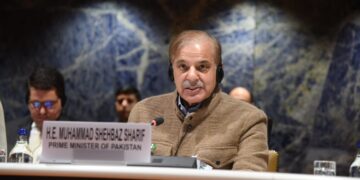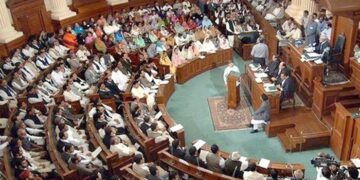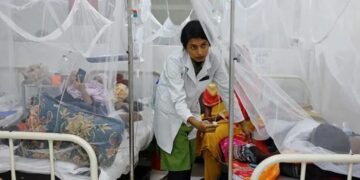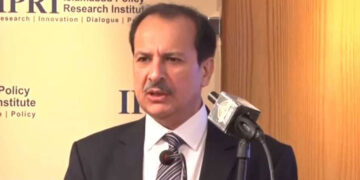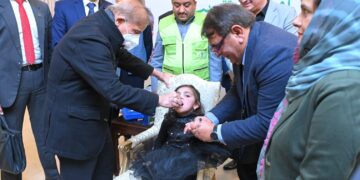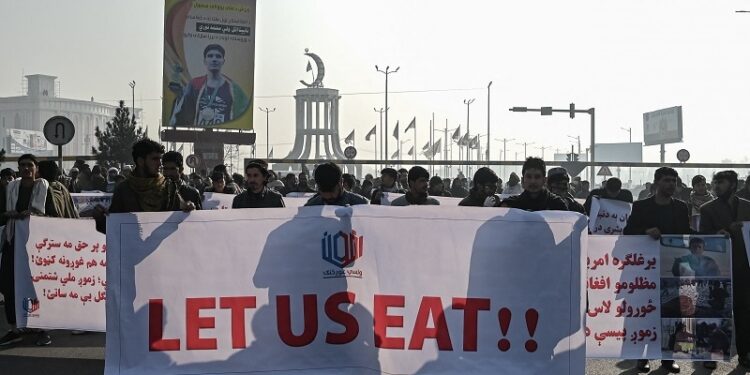Around 200 Afghans marched in Kabul on Tuesday to seek the release of billions of dollars in assets frozen by the international community, in a rare demonstration permitted by the Taliban as the nation scuffles with a severe economic crisis.
There were no women in Tuesday’s march, which was organised by the Afghan People’s Movement, a little-known group that has previously hosted peace demonstrations in the capital.
The Taliban have made protests illegal unless they have been allowed, and have repressed several demonstrations by women soliciting the right to work and education.
The march on Tuesday plainly had the permission of Afghanistan’s new rulers, with various photographs and video clips on Taliban social media channels claiming that participants spoke for regular Afghans.
One banner hoisted by a marcher near a square in central Kabul read, “Let us eat.”
“Our main demand is that the US release our assets as quickly as possible,” said organiser Shafiq Ahmad Rahimi to AFP.
“This is the nation’s wealth, not the wealth of any single individual, group, or government,” he explained.
Since the Taliban retook control on August 15, approximately $10 billion in assets have been blocked by an international community unwilling to give the organisation direct access to the monies.
However, Afghanistan is in the midst of a huge humanitarian crisis, with the United Nations estimating that more than half of the nation’s 38 million people would go hungry this winter.
The Taliban’s assets have been unfrozen in exchange for the Taliban respecting human rights, including women’s right to work and girls’ right to attend school.
The march takes place two days after the 57-member Organisation of Islamic Cooperation (OIC) convened in Pakistan to agree on new routes to bring aid to Afghanistan.
After the Taliban returned, the country’s economy, which had already been damaged by decades of war, went into freefall.
Banks has severely restricted private clients’ withdrawals, and many people in the capital have had to sell their belongings to buy food for their family.
